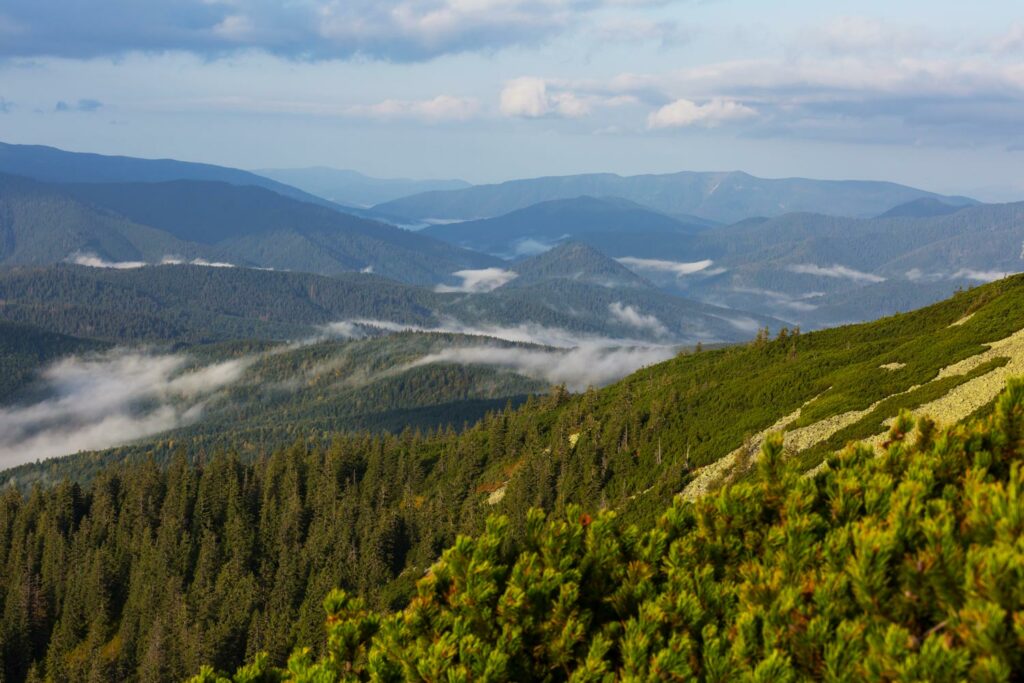While Billings offers all the amenities of an urban center, living and working under the Big Sky fuels an outdoor lifestyle.
Here you’ll find sunshine, room to roam and a safe environment to raise a family. Bring your fly rod, bike, backpack and skis.
Crowds are small, reservations usually unnecessary, and you won’t need binoculars to spot wildlife. Forty-five of Montana’s 56 counties have six or fewer people per square mile.

Weekend jaunts from Billings include the 944,000 acres of the Absaroka-Beartooth Wilderness Area, Yellowstone National Park, several ski hills, blue-ribbon fly-fishing rivers, mountain bike trails, and other outdoor pursuits.
Montana has more than 57,000 square miles of public lands, more than 300 fishing access points and a million acres of lakes, rivers and waterways.


The city of Billings and its vibrant downtown lie in a valley edged by sandstone cliffs and shaped by the Yellowstone River, the longest free-flowing river in the lower 48 states. The Beartooth Mountains, with Montana’s highest peak, rise as a snowcapped backdrop. From Billings, you can see six mountain ranges: Beartooth, Pryor, Big Horn, Bull, Crazies, and Big Snowy mountains.
Because Billings is the largest city within a nearly 500-mile radius, it offers a thriving business community and is the medical hub for two-thirds of Montana and portions of bordering states.


A vibrant arts community centers on the downtown ArtWalk and the Yellowstone Art Museum, The Alberta Bair Theater, Babcock Theater and MetraPark entertainment complex draw nationally known performers.
An unofficial downtown brewery trail offers tastes of craft-brews including Custer’s Last Stout, Wild Fly Ale and Whitetail Wheat.


Dehler Park, a $12.5 million ballpark offering a stunning view of the sandstone Rims, is home to the Billings Mustangs, Pioneer League professional baseball team.
Touring the area’s rich history starts with the petroglyphs at the Pictograph Cave State Park, at the edge of the city, and includes Pompey’s Pillar, containing the only physical evidence of the Lewis and Clark Expedition, and the Battle of the Little Bighorn National Monument where Lakota and Cheyenne warriors defeated Lt. Col. George Armstrong Custer.

